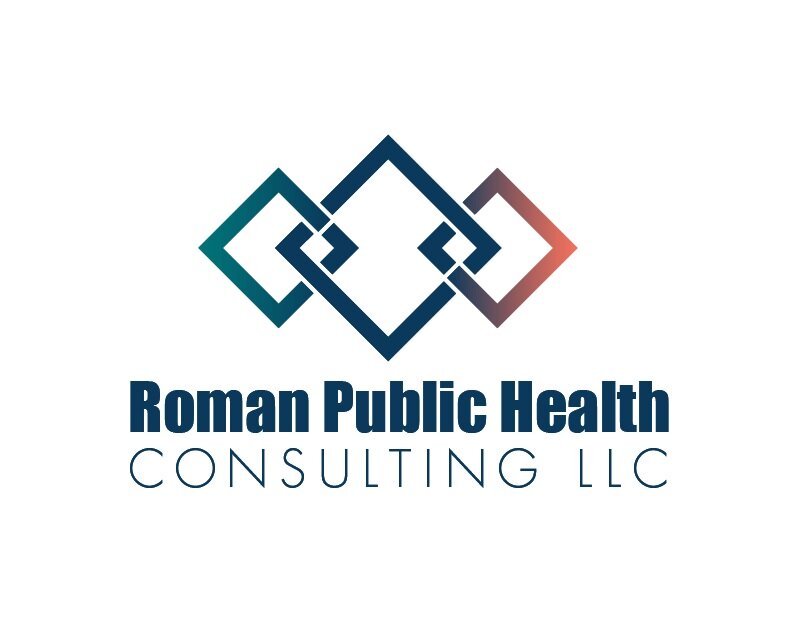It’s Okay To Want To Make Money While You Help People
Over the past few months, I have seen the same scenario play out over and over on social media:
Public Health Consultant: Posts valuable and helpful information, tips, and resources for free via their social media account, blog, podcast, etc.
Commenter: “Thank you so much for doing this! I love that you make this all free and don’t try to sell us stuff like everyone else!”
Public Health Consultant: “Of course! I really just want to help people. I mean I need to make enough to pay my bills, but other than that I don’t care about money.”
I’ve even seen some shaming in our field when money is discussed. Accusations that caring about compensation means you don’t care about the population being helped by the public health work.
I am here to say it can be BOTH.
You can care deeply about the work of public health and helping people AND want to make a salary that doesn’t just cover your bills but reflects the value of your years of education, training, and experience.
Let’s talk about some of the things that may be at play here:
#1 Women tend to undervalue their work (and so do others). Many public health consultants and business owners are women and women tend to undervalue their work and pay themselves less. This is probably why some consultants feel it’s okay to charge enough to cover their bills, but not a penny more!
It is important to point out that the work of Black women has been especially undervalued in our society.
#2 We are competing with lots of free information. There is a lot of free information shared on social media and other platforms (which is wonderful!) However, an unfortunate side effect is that you can encounter resistance or anger when you have boundaries that differentiate free resources and paid services. I wrote about this distinction last year in my post, “Please Stop Asking Public Health Consultants To Work For Free.”
#3 MLMs have ruined social media for the rest of us. Multi-level Marketing (MLM) sellers are all over social media. You are constantly being bombarded to buy health and fitness products, make-up, etc. Therefore, when legitimate public health consultants and business owners are charging for products and services, people feel frustrated that they are “always being sold to!”
#4 Public health is viewed as one of the “helping professions,” which are notoriously paid less. How many times have you heard a public health (or nursing or social work) professional say “Well, I didn’t get into it for the money!” It has long been set up as a dichotomy, you can help or you can make money, but you can’t do both.
So what can we do to make this better?
#1 As a Consultant: Charge Appropriately. When consultants consistently undercharge or give everything away for free, it makes it harder for the rest of us. Together, we can help our audiences and clients get used to consultants charging what their time and expertise is actually worth.
#2 As a Consumer: Pay Appropriately. Many of us buy from or collaborate with fellow public health consultants and entrepreneurs. Pay people what they ask and what they are worth. Do not ask for freebies.
Be especially mindful of how often Black women are asked to provide free labor. Pay Black women for their time and expertise.
#3 Do not shame other consultants for their pricing or the value they place on compensation. Not all of us can get by just making enough to pay the bills. Certainly no one needs to explain or defend why compensation is so important, but just to give perspective, here are some reasons shared with me recently by some consulting colleagues:
They are the sole financial contributor to their households
They are single parents
They need to pay for expensive medication/therapies for a special needs child
They are saving or paying for a large educational expense
They are saving for retirement
They have student loan debt
The list could go on and on. All reasons are valid.
The bottom line: So many things in life can be BOTH, and this is one of them. You can care about people, their health, and their communities. You can simultaneously want and ask for a higher salary to support yourself and your family. No guilt. No explanations necessary.

